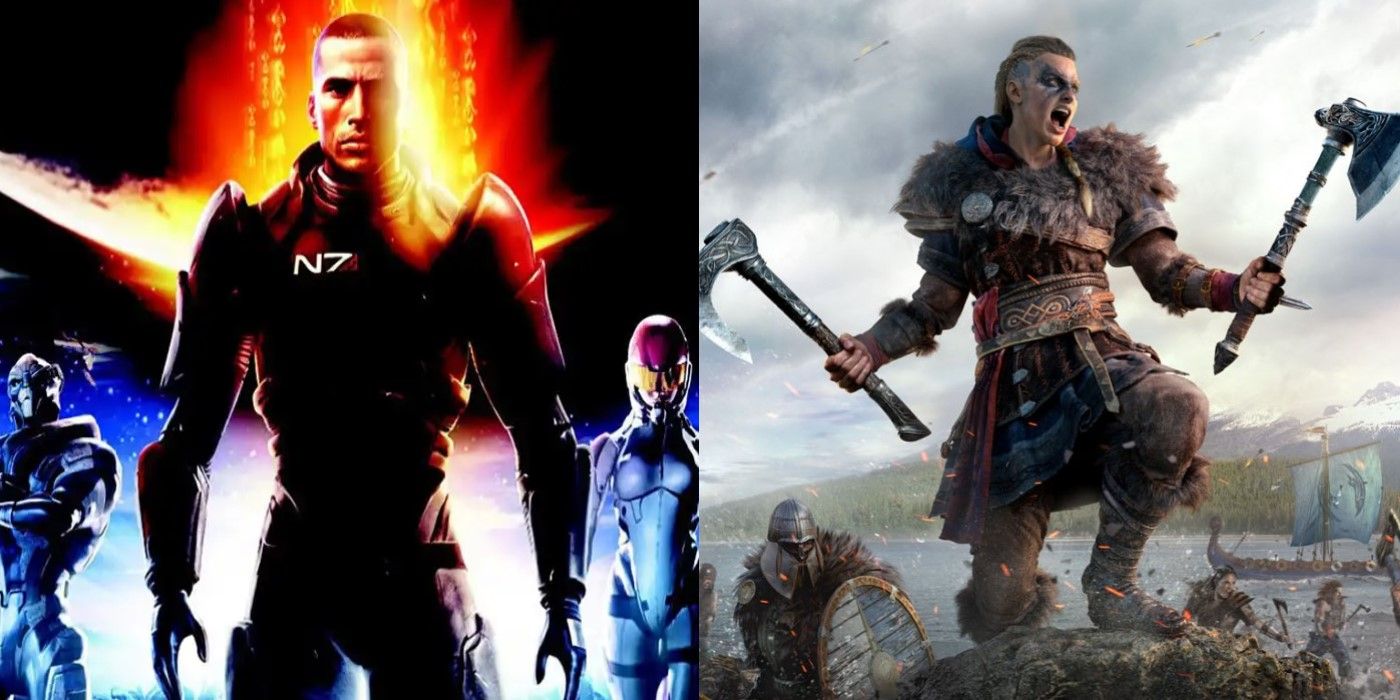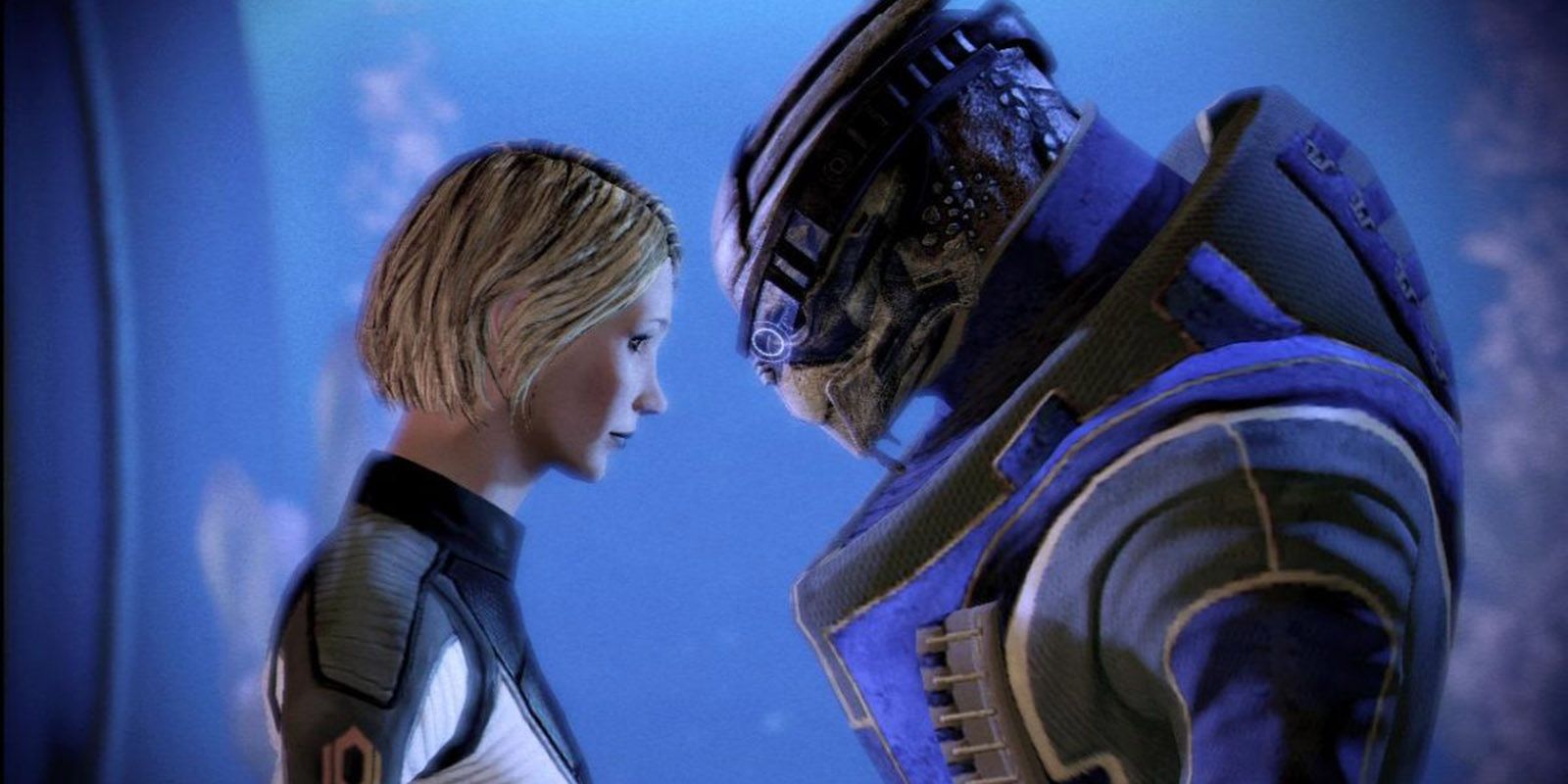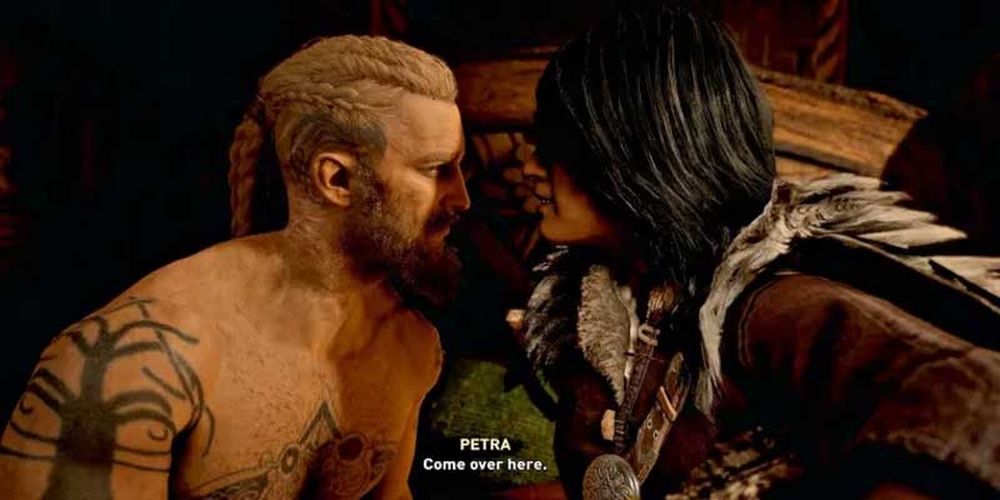There’s quite a draw to RPG style games for a variety of reasons. Typically, RPGs are very good at world building and immersion, making players feel like they’re right in the middle of a new environment. Sometimes, RPGs allow players to create their own character and mold the personality however they wish, and other times players are presented with a pre-made character, though they still control their actions. Another draw to RPGs comes from romantic storylines that allow the player character to fall in love, and players get to see a typically sweet story come to life because of their actions.
BioWare tends to have a big reputation for romance, even though they’ve had some fumbles in the past. The Mass Effect series and Dragon Age series both have dedicated fan bases because of the quality of the games, but part of this quality comes from the games’ romantic storytelling. However, a lot of romances tend to be gender-locked, meaning players must be male to romance some characters, or must be female to romance other characters. There are some overlap options, but not a lot. Future RPGs can change this, though.
The Gender-Locked Romance
When a romance is gender-locked, only a certain gender can romance the NPC at hand. For example, only a male Commander Shepard can romance quarian Tali’Zorah in Mass Effect. In RPGs, there tends to be a skewed ratio of straight gender-locked romances to same-sex gender-locked romances. It took until Mass Effect 3 for players to meet same-sex gender-locked romances with the introduction of Steve Cortez, who is gay, and Samantha Traynor, who is a lesbian. Only a male Shepard could romance Cortez and only a female Shepard could romance Traynor.
Gender-locked romances can be good for RPGs, but they can also limit a player's romantic possibilities. On one hand, it makes sense to only have characters interested in one gender because it gives the NPC some agency and a set in stone sexual identity. On the other hand, some players cannot romance their favorite characters because of the gender-locked options, meaning they have to choose a different romance or play the game as the opposite gender, breaking the illusion of putting themselves in the player character’s shoes.
The Gender Non-Specific Romance
Other games, like Assassin’s Creed Valhalla, have steered away from the gender-locked romance, instead allowing players to romance any of the 9 different characters available, regardless of playing as male or female Eivor. This is a nice change from the gender-locked romances of other RPGs because players truly get to pick whatever romance interests them the most instead of settling on one because their first choice wasn’t available.
In a way, the gender non-specific romance is also a little less true to life than the gender-locked romance. It almost makes more sense for NPCs to have locked options based on gender rather than allowing either player character gender to romance them because if it were not a video game and real life, odds are that’s how things would go. However, this discussion is pertaining to video games (which are almost always entirely made up) meaning players should have the freedom to romance whomever they choose.
Video games, especially RPGs, help players escape everyday life and venture into a fantastical world, whether it means masquerading as a Commander who saves the galaxy, a Dragonborn destined to save the world, or even as a viking making a new home in England. Future RPGs can learn from the foundation of gender-locked romances and improve by utilizing the gender non-specific romance option so players not only can pursue whoever they want, but the immersion isn’t broken in the process.



